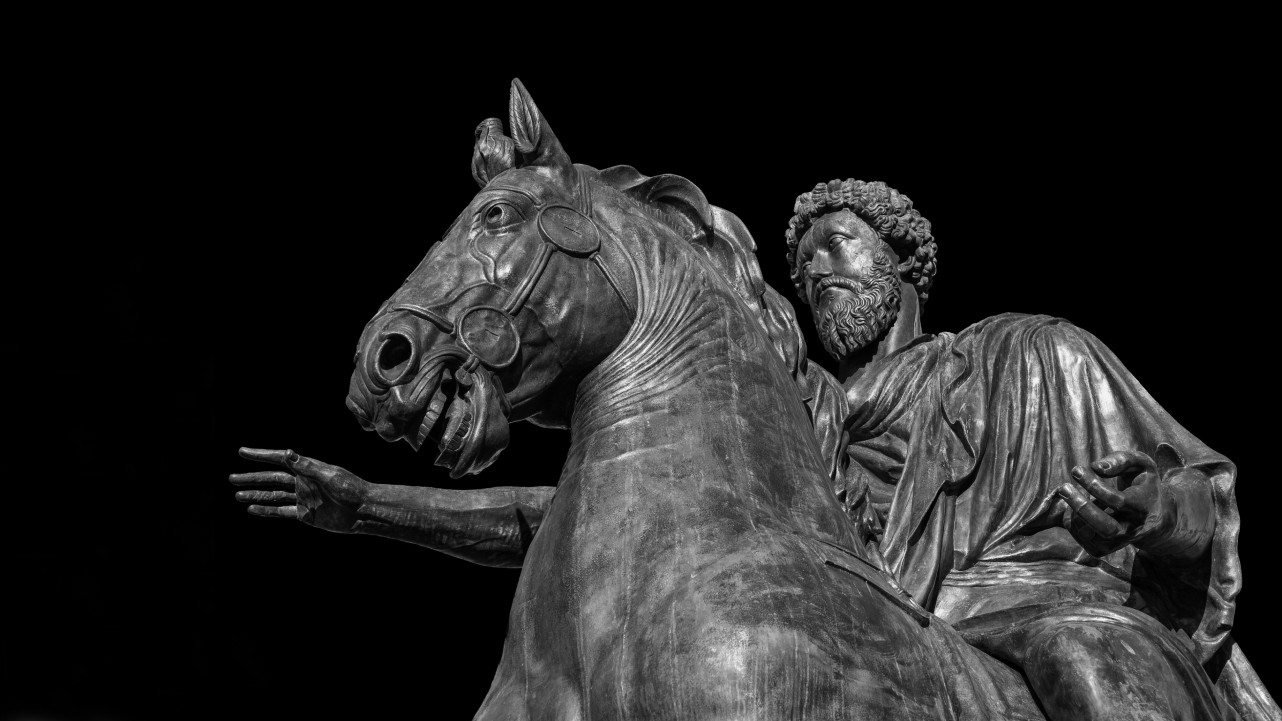Anne-Marie Slaughter believes in a super-powerful China is inevitable.
Slaughter: Well, the first thing to say about being in China is it’s breathtaking. I remember coming to New York as an undergraduate for the first time and feeling like the energy was just, perhaps it’s kind of coming up through the pavements. It was like an electric jolt. And that’s what being in China is like today, being in Shanghai, being in Beijing, even being in many of the interior cities. The place is growing so fast and there are so many changes and cultures colliding and ideas colliding and young people living completely different lives than their parents that there’s this palpable sense of energy and change. And that’s, of course, drawn young people and older people from all over the world who feed off that kind of energy, which, of course, just increases it. So, China is like a year-long buzz in the sense of being energized in many ways. That’s the first impression and that’s the impression that most people who go for a couple of weeks or even a month come back with and they say, as my mother has said, “They’re going to bury us.” You know, when you look at how fast their infrastructure is being built and you come back to New York and you realize, you know, their projects that have been ongoing for 5 or 10 years or in Europe. But if you’ve been there for a while, you actually see a quite different picture, because that change is definitely there, the development is extraordinary, but it creates a very fragile society, and I think a fairly fragile polity. Susan Shirk has this great book where she talks about China: Fragile Superpower, and what she’s talking about is anytime you uproot a culture as dramatically as this one has been uprooted and changed, you have a lot of people who are not connected to their village, to their traditional social structures who have very high expectations. These kids who come in from their villages to go to [Szechuan] or any of the big cities, they’re expecting a better life. They’re expecting a dream life where they are going to have a car and an apartment. Those expectations are hard to satisfy. And when things go wrong, you don’t have a lot of traditional structures to ensure order and to ensure taking care of people. So, in many ways, it’s as if the Chinese government is surfing on a huge wave, you know, constantly hoping it’s not going to break over and constantly hoping it can stay ahead of these forces that are being unleashed. What that means is China is very focused, it’s looking inward, not outward. I mean, of course, it wants to announce to the world that it’s arrived and the Olympics did that without question. But, what it really wants is stability and continuing economic growth, because the minute economic growth drops, you know, for us economic growth drops we’re talking 1%, 0.5%, they’re talking anything below 6% is trouble. They then have got lots of problems. So, I came back actually looking at us, we have plenty of problems, but we’ve got layers of infrastructure, both physical infrastructure but also social and economic infrastructure, and that is a tremendous bulwark when we’re going through so much change, and it also gives us the foundation to reinvent ourselves in a less fragile way.





